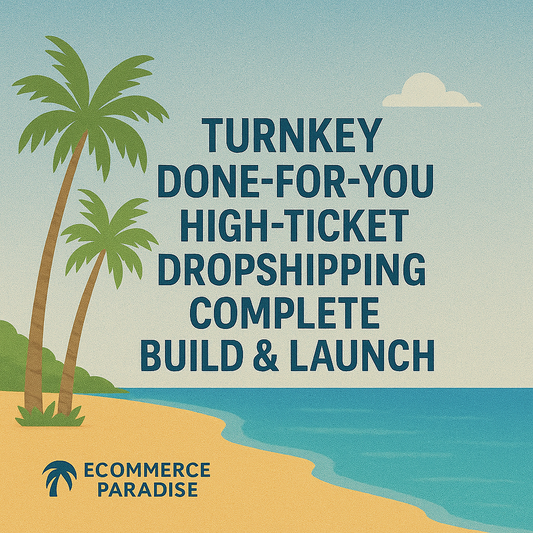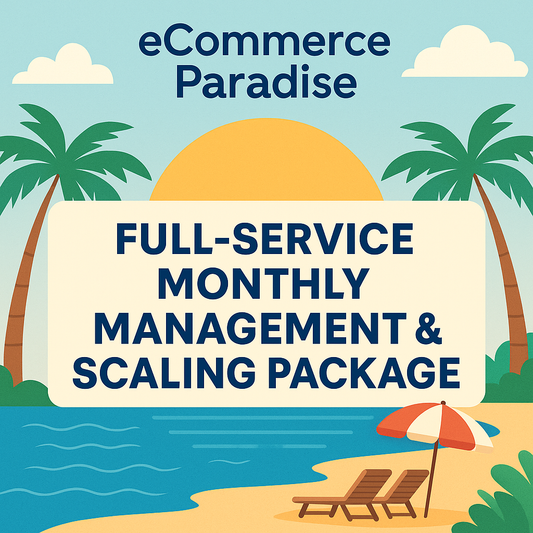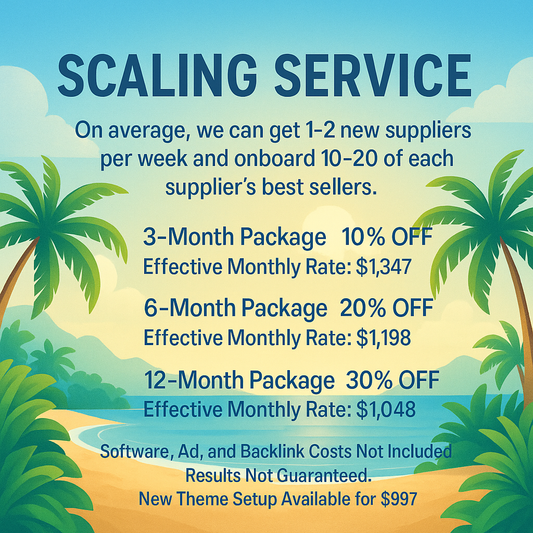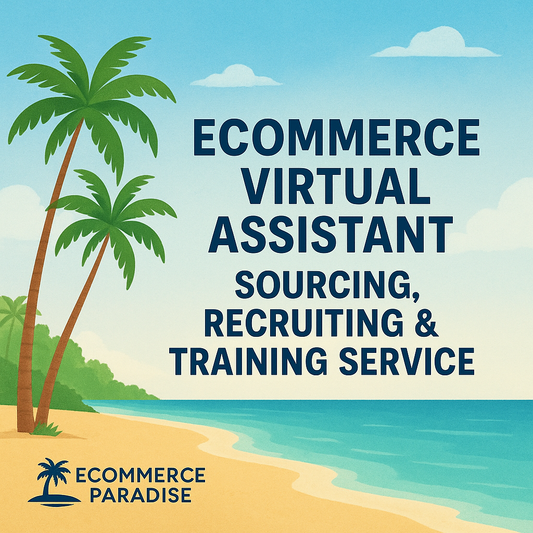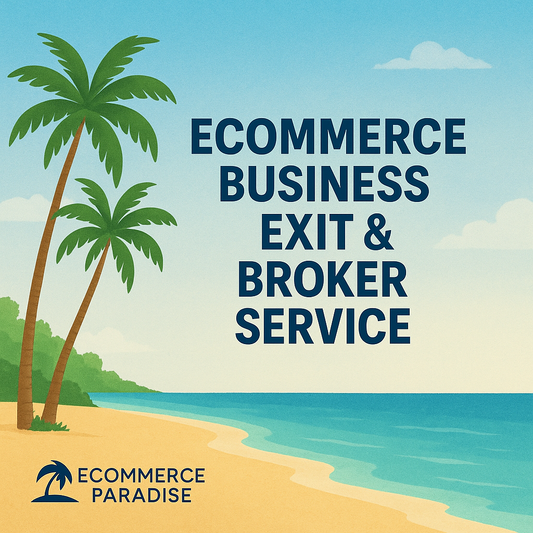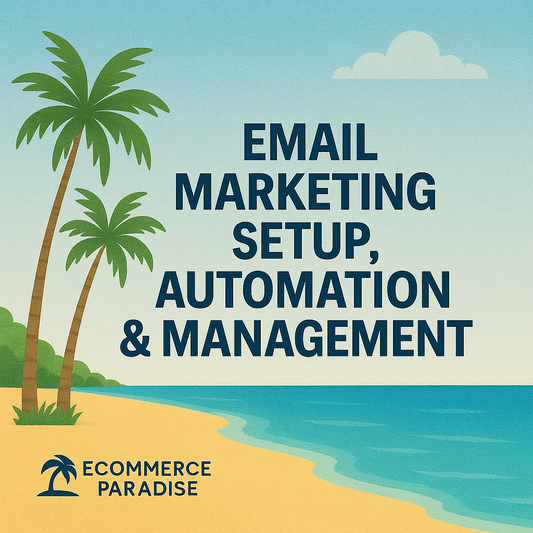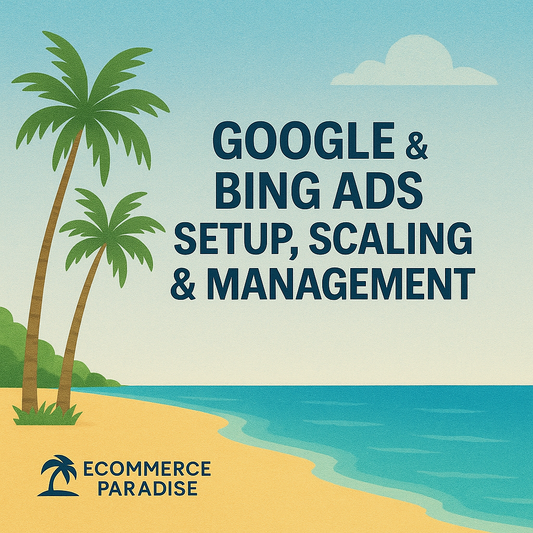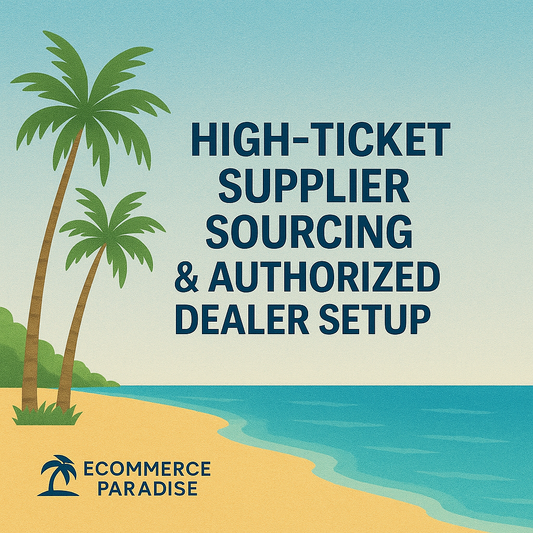
Best Ecommerce Hosting: Top Solutions for Optimal Performance and Reliability

Choosing the right eCommerce hosting is crucial for any online business. The best eCommerce hosting providers offer reliable performance, strong security features, and excellent customer support, ensuring businesses can operate smoothly and efficiently. With numerous options available, it can be challenging to pinpoint which hosting service is ideal for specific needs.
This blog post will explore top eCommerce hosting providers for 2024. It will highlight key features, pricing, and benefits to help online store owners make informed decisions. Whether a small startup or a larger online store, finding the right hosting solution can lead to greater success and less frustration.
Readers will learn about different hosting services, what to consider when choosing a provider, and how these choices impact the overall performance of their online store. Armed with this knowledge, they will be better prepared to select a hosting service that aligns with their business goals.
Understanding Ecommerce Hosting

Ecommerce hosting provides the foundation for online stores, making it essential for successful operations. The right hosting service ensures website performance, reliability, and security. Below are key aspects that help clarify what ecommerce hosting entails and what merchants should consider when selecting a provider.
Defining Ecommerce Hosting
Ecommerce hosting refers to a specialized type of web hosting designed for online stores. Unlike standard hosting, it offers features tailored to retail needs. These might include secure payment processing, shopping cart support, and SSL certificates for data protection. Notable options in the market are IONOS and Bluehost, which offer various packages for different business sizes.
Importance of Selecting the Right Hosting Provider
Selecting the right hosting provider is crucial for business success. A reliable host affects the store's speed, uptime, and security. Slow loading times can lead to lost sales and a poor customer experience. Moreover, a host with adequate security measures protects sensitive customer data. Providers like HostGator are known for good budget options. Reliable service fosters customer trust, resulting in repeat business.
Factors to Consider When Choosing a Host
When choosing an ecommerce host, several factors should be evaluated:
- Speed: Fast loading times improve user experience.
- Uptime: Aim for at least 99.9% uptime to ensure the site is always accessible.
- Security: Look for features like SSL certificates and automated backups.
- Customer Support: Reliable support can solve issues quickly.
- Scalability: Choose a host that can grow alongside the business.
Merchants can explore various options based on their specific needs. Hosts like Nexcess offer managed services that simplify the process for those focused on growth.
Top Ecommerce Hosting Providers
Choosing the right eCommerce hosting provider is crucial for ensuring a smooth online shopping experience. Here are some top options that cater to different needs and budgets.
IONOS by 1&1

IONOS stands out as a leading eCommerce hosting provider thanks to its competitive pricing and solid performance. It offers various plans that accommodate small to large online stores. One key feature is its 24/7 customer support, available via chat and phone, ensuring quick issue resolution.
With plans starting as low as $1 for the first year, IONOS provides essential features like a free domain, SSL certificate, and scalable resources. This flexibility appeals to businesses planning to grow over time. It also includes a user-friendly website builder, making it accessible for newcomers.
Bluehost

Bluehost is known for its reliability and user-friendly setup, making it ideal for eCommerce websites. It offers an easy integration with popular platforms like WordPress and WooCommerce, allowing seamless online store creation.
Key features include a free SSL certificate, dedicated IP addresses, and 24/7 customer support. With plans starting at a reasonable rate, Bluehost provides resources tailored for eCommerce. Their performance-enhancing tools help businesses ensure a fast shopping experience for customers.
HostGator

HostGator is a well-regarded option for businesses on a budget. It provides affordable plans while maintaining solid uptime and speed. Their website builder is easy to use, helping users create functional online stores quickly.
HostGator offers 24/7 customer support and a 45-day money-back guarantee, giving businesses confidence in their hosting choice. Additionally, it has eCommerce features like an SSL certificate and various payment gateway options, enhancing online transactions' security and convenience.
Click here to launch your website with HostGator for $2.99/mo!
DreamHost

DreamHost is known for its commitment to uptime and performance. It offers a 100% uptime guarantee, which is crucial for online stores that require constant availability. With a focus on customer satisfaction, DreamHost provides responsive technical support.
Plans include essential eCommerce features such as a free SSL certificate and a free domain for the first year. Their hosting environment is optimized for speed, helping to improve loading times. DreamHost also does not impose traffic restrictions, allowing for scaling as the store grows.
InMotion Hosting

InMotion Hosting is ideal for larger businesses looking for managed services. It offers robust hosting plans designed for high-traffic sites. A key benefit is the dedicated server options, which provide increased performance and security.
Users enjoy features like free website migration and easy integration with popular eCommerce platforms. 24/7 customer support is available through various channels, ensuring businesses can seek help anytime. InMotion also provides a wide range of eCommerce tools, enhancing store functionality and user experience.
Advanced Hosting Solutions
For those looking to take their e-commerce business to the next level, advanced hosting solutions offer robust features and high performance. These platforms provide enhanced scalability, security, and support, making them ideal for growing online stores.
TMDHosting

TMDHosting stands out for its excellent customer support and performance. It offers managed solutions tailored for e-commerce, ensuring that businesses can focus on sales rather than technical issues.
Key features include:
- Free website migration.
- Daily backups for added security.
- SSD storage that speeds up page load times.
These attributes ensure that online stores run smoothly, even during peak traffic. TMDHosting also supports various e-commerce platforms, giving users flexibility in their choices.
SiteGround

SiteGround is known for its reliability and advanced security features. This provider integrates caching technologies to enhance website speed, an important factor for e-commerce success.
Notable features include:
- Strong uptime guarantees (99.99%).
- Automatic updates and daily backups.
- Free SSL certificates to secure transactions.
SiteGround’s customer support is highly rated, enabling quick resolution of issues. The platform also offers specific plans designed for e-commerce needs, including WooCommerce hosting.
Click here to start your website with SiteGround hosting from just $3.99/mo!
Hostinger

Hostinger offers affordable yet powerful hosting solutions for e-commerce businesses. It features a user-friendly interface that simplifies website management and setup.
Highlights include:
- Optimized WordPress hosting for e-commerce.
- Low starting prices, making it accessible for small businesses.
- Free domain registration with annual plans.
Hostinger provides built-in caching and SSL support to enhance website speed and security. It also offers scalable plans, allowing businesses to grow without switching hosts.
ScalaHosting

ScalaHosting provides flexible cloud hosting for e-commerce sites, known for its excellent performance and security. With scalable resources, it serves both small businesses and larger enterprises effectively.
Key offerings include:
- Managed cloud solutions for easier management.
- Free website migration and dedicated support.
- SPanel, a user-friendly control panel.
ScalaHosting also ensures high uptime and fast load speeds, making it suitable for e-commerce operations. The adjustable cloud resources mean sites can handle high traffic during sales and promotions without issues.
Specialized Ecommerce Hosting Services
For businesses looking to optimize their online sales, specialized ecommerce hosting services offer tailored solutions. Two notable options are iPage, best suited for startups, and Liquid Web, which focuses on high ticket items.
iPage for Startups

iPage provides a budget-friendly hosting option that is excellent for startups entering the ecommerce market. Its plans typically include a free domain for the first year, which helps new businesses save costs upfront.
Key features of iPage’s ecommerce hosting include:
- Unlimited Disk Space: This allows businesses to store a large number of products.
- Easy Website Builder: Users can create websites without coding skills, easing the setup process.
- 24/7 Customer Support: New businesses can rely on support whenever they encounter issues.
With competitive pricing, iPage also offers great performance for its cost, making it a solid choice for those just starting their ecommerce journey.
Liquid Web for High Ticket Items

Liquid Web is an ideal option for businesses dealing with high ticket dropshipping. Known for its powerful infrastructure, it ensures excellent speed and reliability, which are crucial for handling high-value transactions.
Essential features include:
- Managed WooCommerce Hosting: This allows seamless integration with WordPress for ecommerce.
- High Uptime Guarantee: Liquid Web boasts a 99.999% uptime, ensuring that websites remain accessible to customers.
- Performance Optimizations: It offers caching tools that enhance website loading speeds, important for keeping customers on the site.
Companies that sell high-priced items benefit from Liquid Web’s security features, including SSL certificates and proactive server monitoring. This dependable service can help build trust with customers, encouraging them to complete purchases.
Optimizing Your Ecommerce Site
Optimizing an eCommerce site involves several key areas, including speed, scalability, and security. Each aspect plays a crucial role in providing a smooth and safe shopping experience for customers.
Speed and Uptime Considerations
Website speed is vital for keeping customers engaged. A fast-loading site reduces bounce rates and increases conversion rates. Aim for a loading time of under three seconds. If speeds are slow, users may leave before the page fully loads.
Tips for Improving Speed:
- Choose a Reliable Hosting Provider: Look for hosting services that offer optimized eCommerce plans. Providers like IONOS or Bluehost are known for their performance.
- Utilize Content Delivery Networks (CDNs): CDNs can cache content and deliver it to users from the closest server, reducing load times.
- Optimize Images and Files: Compress images and minimize HTML, CSS, and JavaScript files to enhance speed without sacrificing quality.
Uptime is equally important. A website that is frequently down frustrates customers and can result in lost sales. Select a hosting provider that guarantees a high uptime percentage, ideally 99.9%.
Scalability and Growth
As an eCommerce business grows, so do its needs. Scalability in hosting allows for quick adjustments to handle increasing traffic and sales volume. Choosing a host that can scale resources as needed is essential.
Key Considerations for Scalability:
- Managed Hosting Options: Services like Nexcess provide tailored solutions that grow with business demands.
- Cloud Hosting: This option allows for flexible resource allocation based on real-time needs, ensuring optimal performance during peak times.
- Load Balancing: This technique helps distribute traffic evenly across servers, preventing crashes during high traffic periods.
Scalability ensures a seamless shopping experience even during spikes in traffic, which is critical during seasonal promotions or sales.
Security Measures for Ecommerce
Security is a top priority for any eCommerce site. Customers need assurance that their data is safe. Failing to implement proper security measures can lead to data breaches, which damage trust and brand reputation.
Essential Security Practices:
- SSL Certificates: These encrypt data transmitted between the customer and the site, making transactions secure.
- Regular Security Updates: Keeping software, plugins, and themes updated closes vulnerabilities that cybercriminals may exploit.
- Use Secure Payment Gateways: Services like PayPal or Stripe provide additional layers of security for financial transactions.
Incorporating strong security measures not only protects the business but also enhances customer confidence, leading to increased sales.
Choosing the Right Plan
Selecting the best e-commerce hosting plan requires understanding different hosting types and specific needs for bandwidth and storage. It is essential to match the right plan to the business requirements for optimal performance.
Shared vs Dedicated vs VPS Hosting
Shared hosting is the most budget-friendly option, where multiple websites share the same server resources. This is ideal for small businesses with low traffic. The downside is limited control and potential slowdowns if another site uses excessive resources.
VPS (Virtual Private Server) hosting offers more resources and greater control. It simulates dedicated server space, making it suitable for growing e-commerce sites. VPS balances cost and performance, providing better speed and reliability.
Dedicated hosting provides an entire server for one website. This option is best for high-traffic sites needing maximum performance and customization. It is pricier but ideal for larger businesses that require robust security and high uptime.
Understanding Bandwidth and Storage Needs
Bandwidth refers to the amount of data that can be transmitted to and from the website. A higher bandwidth is necessary for businesses with many visitors or those using heavy media content.
Storage represents the space available for website files, including images, videos, and databases. Sufficient storage is crucial for e-commerce sites, particularly those with extensive product catalogs.
When choosing a plan, businesses should evaluate their expected traffic and content size. A good starting point is to calculate current needs and project future growth. This ensures the hosting plan can accommodate increasing demands without performance loss.
Conclusion
Choosing the right eCommerce hosting is crucial for business success. Various providers offer different features that cater to unique needs.
Factors to consider include:
- Customer Support: Look for 24/7 support through live chat or phone.
- Uptime Guarantee: A high uptime percentage ensures your site stays live.
- Speed and Performance: Fast loading times can improve customer satisfaction.
- Security Features: SSL certificates and daily backups help protect data.
Popular options like SiteGround and Bluehost are known for their robust features. Each provider has strengths, so evaluating them based on specific needs is essential.
A balanced approach to these factors will guide anyone in selecting the best eCommerce hosting provider. It can lead to a smooth-running online store and a positive shopping experience for customers. Each consideration plays a vital role in building a successful eCommerce platform.




